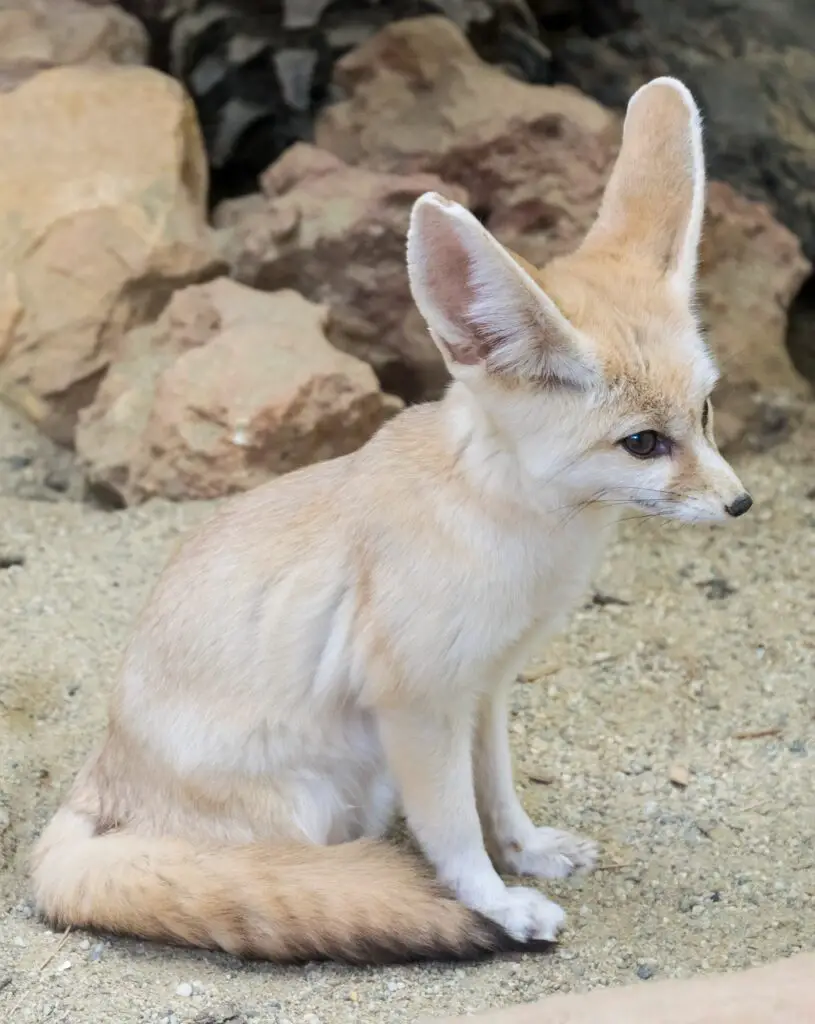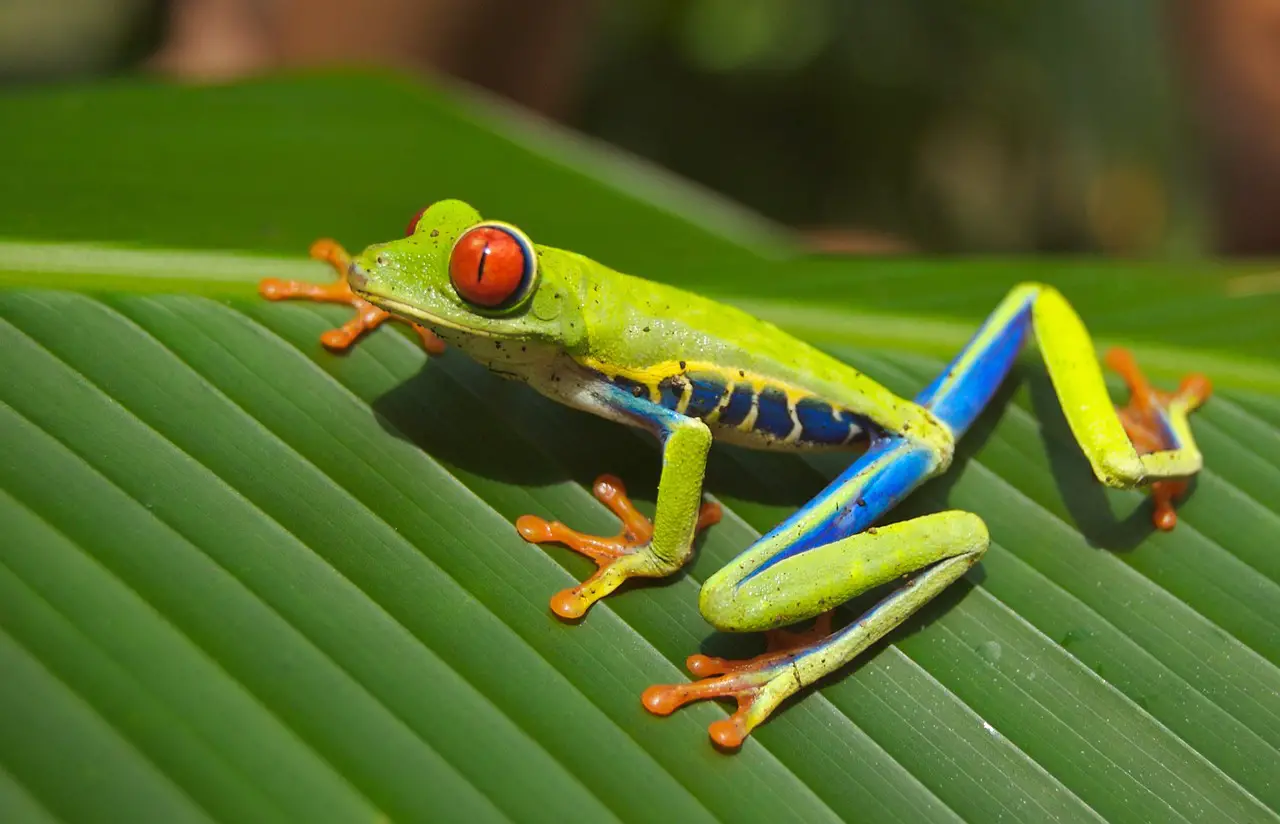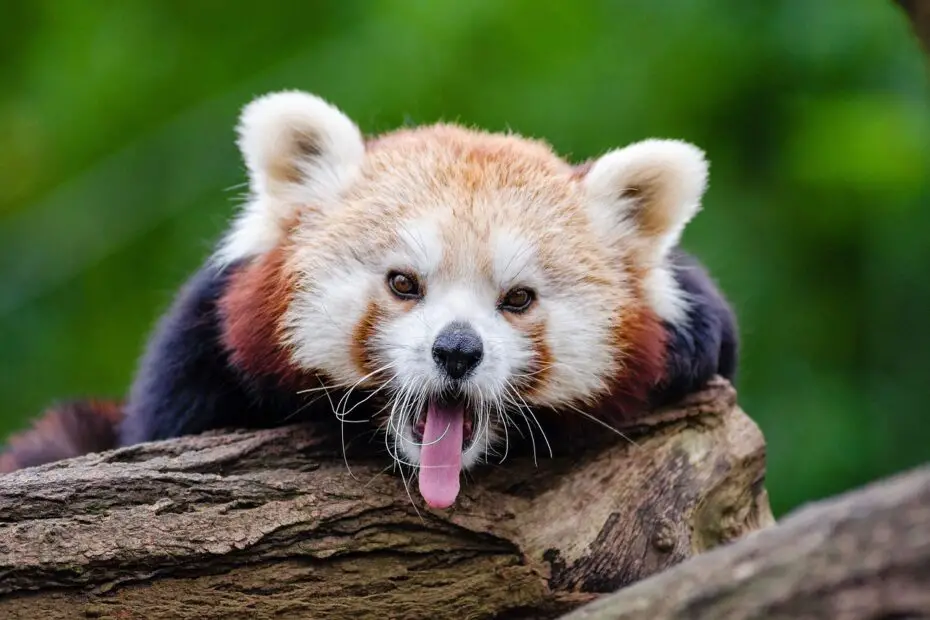In the realm of pet ownership, dogs and cats often take the center stage. They’re the quintessential household companions, and for good reason – their loyalty, affection, and adaptability make them perfect fits for our domestic lives. However, beyond the world of dogs and cats lies a hidden universe of unconventional pets that captivate the hearts of animal enthusiasts.
These are the exotic pets, creatures that range from reptiles to birds, amphibians to small mammals, each with its own unique allure. In this blog, we’ll explore the hidden world of exotic pets and delve into what it takes to care for these extraordinary companions.
You may also want to read about endangered amphibians.
The Appeal of Exotic Pets
Exotic pets have been captivating humans for centuries. From the ancient Egyptians and their reverence for cats to the Chinese emperors’ fascination with ornate goldfish, our interest in non-traditional pets has deep historical roots. Today, the appeal of exotic pets remains strong for several reasons:

Unique Aesthetics
One of the primary draws of exotic pets is their stunning appearance. Creatures like chameleons, iguanas, and poison dart frogs boast vibrant colors and intricate patterns that are nothing short of mesmerizing. Many exotic bird species, like macaws and parrots, also dazzle with their plumage.
Intellectual Stimulation
Exotic pets often demand a deeper understanding of their specific needs, creating a sense of intellectual engagement for their owners. Learning about their habitat, dietary requirements, and unique behaviors can be a rewarding challenge.
Limited Space Requirements
Unlike larger domestic animals, many exotic pets are well-suited to small living spaces. This makes them accessible to city dwellers and those with limited outdoor areas.
Allergies and Sensitivities
For individuals with allergies to common pet dander, exotic pets provide an alternative. Reptiles, insects, and fish, for instance, are hypoallergenic and can be enjoyed by those who would otherwise struggle with traditional pets.
The Unique World of Exotic Pets
The term “exotic pet” encompasses a vast array of animals, each with its own set of needs and care requirements. Let’s take a closer look at some popular categories within the world of exotic pets:
Reptiles
Reptiles are a diverse group of animals that include snakes, turtles, lizards, and crocodilians. They are known for their fascinating behaviors and unique adaptations. For instance, bearded dragons, small lizards originating from Australia, are popular pets due to their docile nature and striking appearance. However, these cold-blooded creatures require precise temperature and humidity control to thrive.
Amphibians
Amphibians like frogs, toads, and salamanders are known for their intriguing life cycles, transitioning from aquatic larvae to terrestrial adults. Some species, like the poison dart frog, are vibrant and striking in appearance. However, they often require complex terrarium setups to mimic their natural habitats.

Birds
Exotic birds are renowned for their beauty and vocal talents. Parrots, for example, can mimic human speech and are prized for their colorful plumage. However, they are also social creatures that demand interaction and mental stimulation.
Small Mammals
Animals like hedgehogs, sugar gliders, and chinchillas fall into the category of small exotic mammals. These creatures are endearing and relatively low-maintenance but still require appropriate cages, diets, and social interaction.
Insects and Arachnids
For the truly adventurous, insects and arachnids like tarantulas, scorpions, and mantises offer a unique pet-owning experience. While they are less interactive than other pets, their beauty and fascinating behaviors can be captivating.
Responsible Exotic Pet Ownership
Owning an exotic pet is not for everyone. These unique animals often require specialized knowledge, equipment, and commitment. Before embarking on the journey of exotic pet ownership, consider the following factors:
Research and Education
Invest time in thoroughly researching your chosen species. Understand their habitat, dietary needs, behavior, and lifespan. Many exotic pets have very specific requirements that must be met for them to thrive.
Legal Considerations
Check your local and national laws regarding the ownership of exotic pets. Some species may be restricted or even prohibited in certain areas due to the potential for harm to ecosystems or public safety.
Ethical Sourcing
Ensure that your pet has been ethically sourced. Avoid purchasing animals taken from the wild, as this can contribute to habitat destruction and endangerment of species. Instead, seek out reputable breeders or adopt from rescue organizations.
Adequate Housing and Care
Provide your exotic pet with an appropriate enclosure or habitat that meets their specific needs. This may include temperature control, humidity regulation, UV lighting, and more. Regular veterinary care is also crucial.
Commitment
Exotic pets often have longer lifespans than traditional pets. Be prepared for a potentially decades-long commitment. Consider what will happen to your pet if your circumstances change, and you can no longer care for them.
Exotic Pet Success Stories
To highlight the rewards and challenges of caring for exotic pets, let’s explore a couple of success stories:
The Ball Python Enthusiast
Meet Sarah, a ball python enthusiast. She was initially drawn to these gentle reptiles by their striking patterns and manageable size. Sarah invested time in researching their needs, setting up a custom enclosure with temperature and humidity controls, and creating a comfortable environment. Today, she enjoys the companionship of her ball python, Loki, who has thrived under her care.
The Avian Enthusiast
John always dreamed of having a pet that could talk. He researched extensively and chose a blue and gold macaw named Rio. John has invested years in teaching Rio to mimic words and phrases. Their bond is strong, and Rio’s vibrant personality adds joy and laughter to John’s life.
Conclusion
The hidden world of exotic pets is a realm of wonder, challenge, and reward. These unconventional companions offer unique aesthetics, intellectual stimulation, and compatibility for those with allergies. However, they also require extensive research, ethical sourcing, and a strong commitment to responsible ownership.
If you’re considering welcoming an exotic pet into your life, take the time to understand their specific needs and the legal requirements in your area. And remember, with the right knowledge and care, the world of exotic pets can be an extraordinary adventure filled with beauty and fascination. Whether you choose a reptile, an amphibian, a bird, a small mammal, or even an insect, your exotic pet can become a cherished member of your family, showcasing the diversity and wonder of the animal kingdom.
